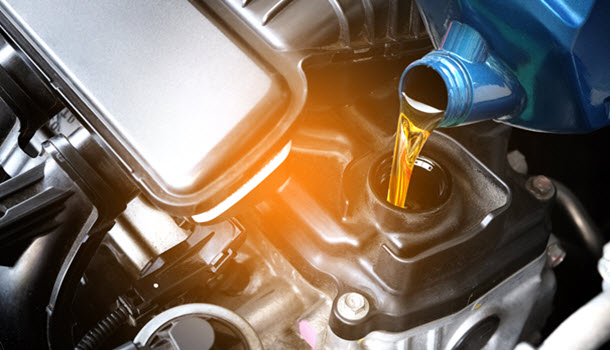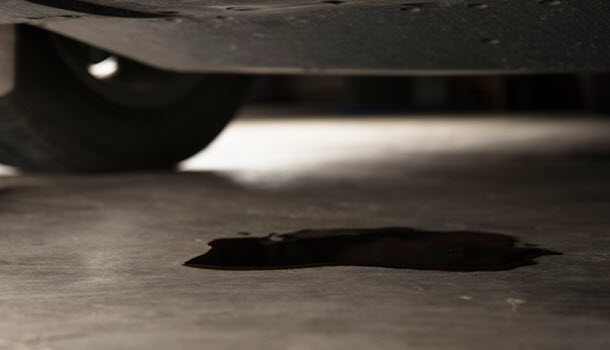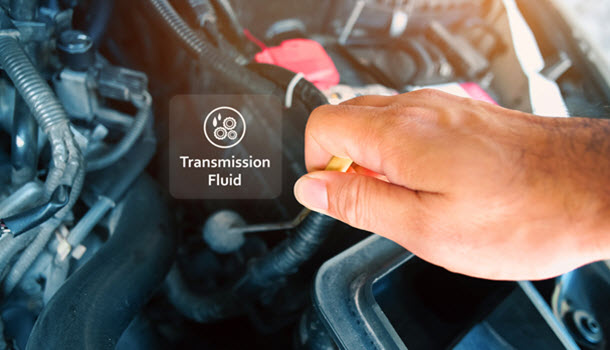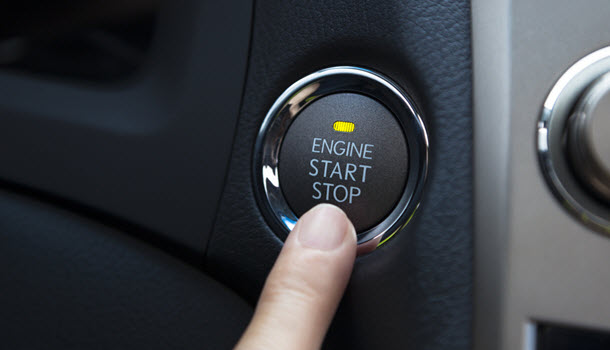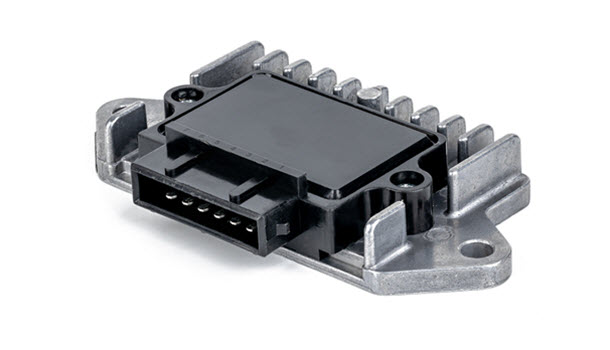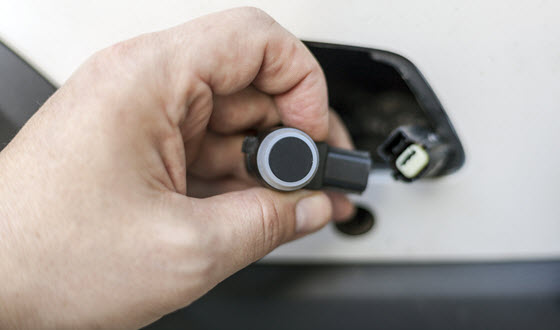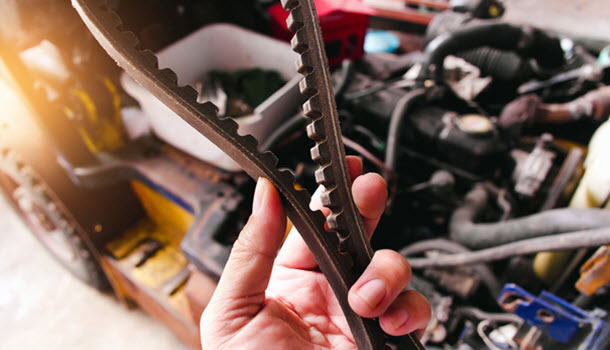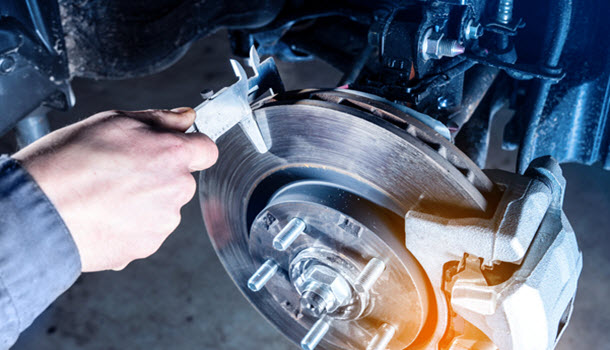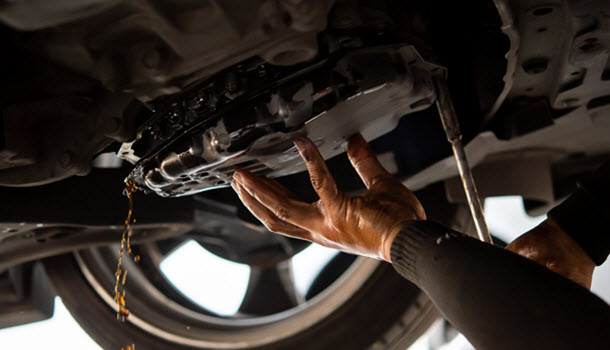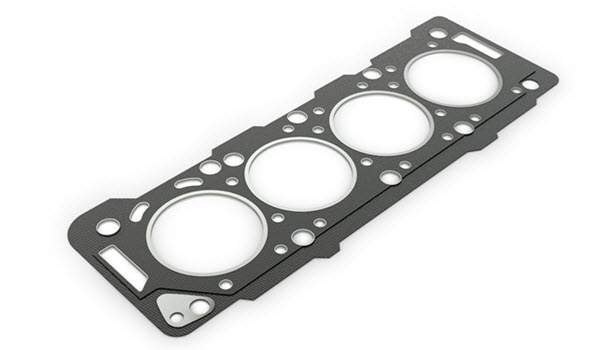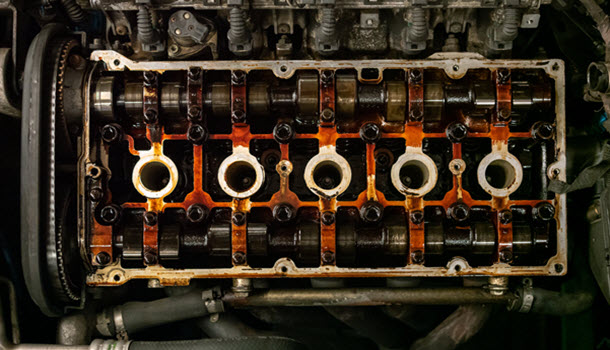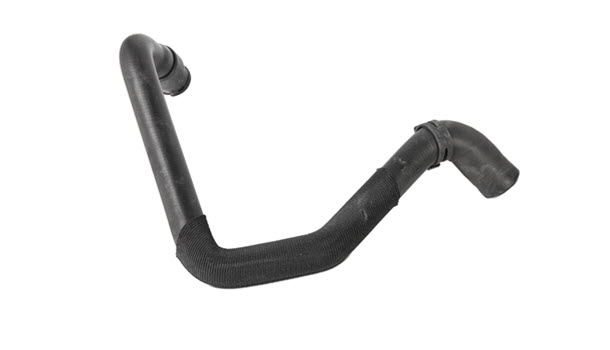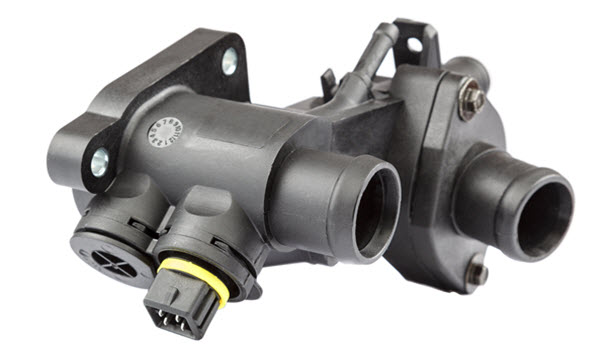How Proper Oil Changes Boost Your BMW’s Efficiency In Dallas?
Posted on | 10 Mar 2024 By Anita Gaal
BMW is a luxury automotive brand that believes in meeting tradition with each innovation. It keeps designing vehicles where the layout iteration values the brand’s storied past besides pushing boundaries with technological innovations.
No matter how well the brand follows the future automotive design trends, it always necessitates a good amount of attention to detail to maintain its optimum efficiency. Regular oil changes are one such cardinal aspect to maximize your BMW’s efficiency in Dallas. Let’s scan this article for more enlightenment.
Optimal Efficiency For Engine Longevity:
Changing oil on time keeps the moving components of the engine lubricated which helps in minimizing the friction & wear percentage. Due to effective lubrication, all the engine components work harmoniously, leading to a reduced risk of overall damage & improved engine life.
Improved Gas Mileage:
When the engine stays properly lubricated, it operates with higher efficiency, resulting in improved gas mileage. By changing the oil on a regular basis, you can maintain the viscosity of the oil at the desired level & cleanliness of the fluid. Because of this, the workload on the engine gets reduced. With less workload, the engine performs more optimally, leading to higher fuel efficiency.
Heat Dissipation & Temperature Control:
The engine may feel more stressed during the dog days of Dallas. When the clean oil flows inside your vehicle’s body, the heat dissipation occurs smoothly, keeping overheating & unwanted engine damage at bay. The engine of a BMW is designed to operate safely under certain temperature limits. Thus, temperature regulation matters. Improper temperature regulation can be a burden for your speed machine, especially during long drives. Do oil change regularly to keep the engine cool & its temperature in the recommended range.
Preservation Of Warranty & Resale Value:
Every vehicle including BMW comes with certain factory maintenance recommendations. Interestingly, oil change is a vital part of the factory maintenance regiment. Following the recommended maintenance schedule for oil change preserves your vehicle’s warranty besides letting the speed machine deliver optimum rides. Additionally, with a well-documented history of regular oil changes, you can enhance your vehicle’s overall resale value. Because it convinces the potential buyers to believe that the engine is maintained well all along its lifespan.
FAQs:
Q1: How Often Should I Change The Oil In My BMW?
For extended longevity, it is usually recommended to change the oil every 7,500 to 10,000 miles or every 12 months, whichever comes first in your adorable BMW. It is absolutely crucial to go through the owner’s manual before conducting an oil change errand. Taking the help of a certified BMW specialist also makes sense here. There are certain factors including- engine type, oil type, & driving conditions depending on which the oil change interval varies. So, being a BMW owner, you need to be knowledgeable about the interval to make timely execution for performance enhancement.
Q2: Can I Use Any Type Of Motor Oil In My BMW?
If you want to see your BMW running at its best, you have to understand what your BMW actually deserves. Every vehicle deserves nothing less than the best, including your BMW. And it becomes possible when you choose the right motor oil for your vehicle. Different BMW engines are designed to perform under non-identical oil formulations. So, you can’t pick anything randomly, especially the engine oil. Always consult the owner’s manual while picking the oil for your BMW’s engine.
Q3: What Are The Consequences Of Neglecting Oil Changes?
No maintenance task including the oil change should be neglected. Neglecting this vital aftercare endeavor can have severe consequences for your vehicle’s performance & longevity. Over time, the oil loses its lubricating properties, leading to increased friction. When friction between the moving parts increases, accelerated wear increases accordingly. Also, if you don’t change the oil for too long, it becomes contaminated with dirt & opens the door for the formation of carbon deposits. The sludge & deposits block the oil flow, diminishing overall engine performance. Remember- regular oil change is a very small investment. By becoming an active investor, you can enjoy smooth rides for the years to come.
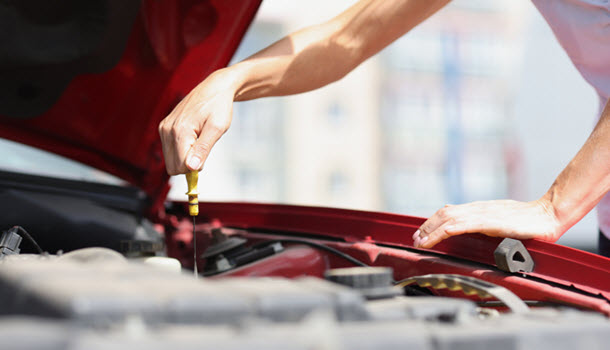
Let Euro Automotive Be The Trusted Partner For Your BMW’s Oil Change
Euro Automotive is the premier auto repair shop in Dallas can be your trusted partner for exceptional oil change services. The employment of skilled technicians makes everything possible, ranging from understanding the need of your BMW to delivering high-quality service. If you are in Garland, Arlington, and Fort Worth, TX, schedule an oil change with us to drive with confidence on the thoroughfare.





